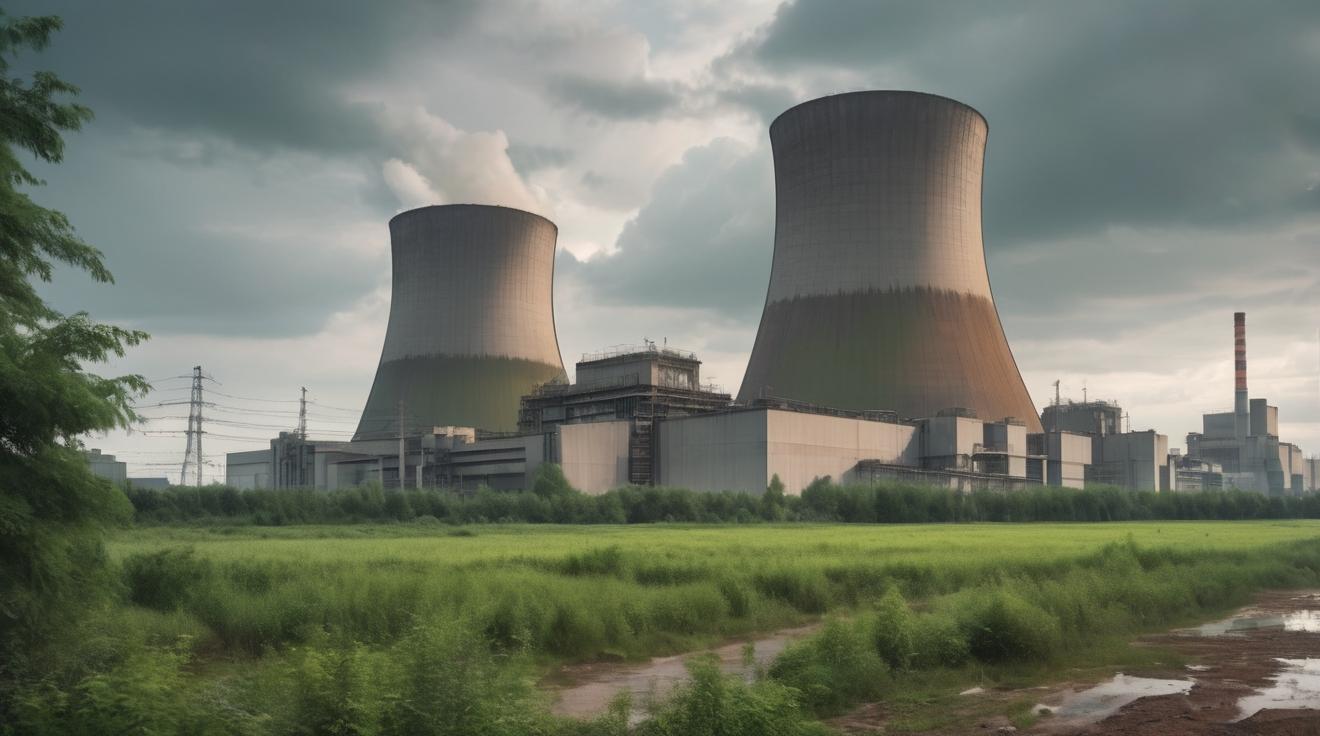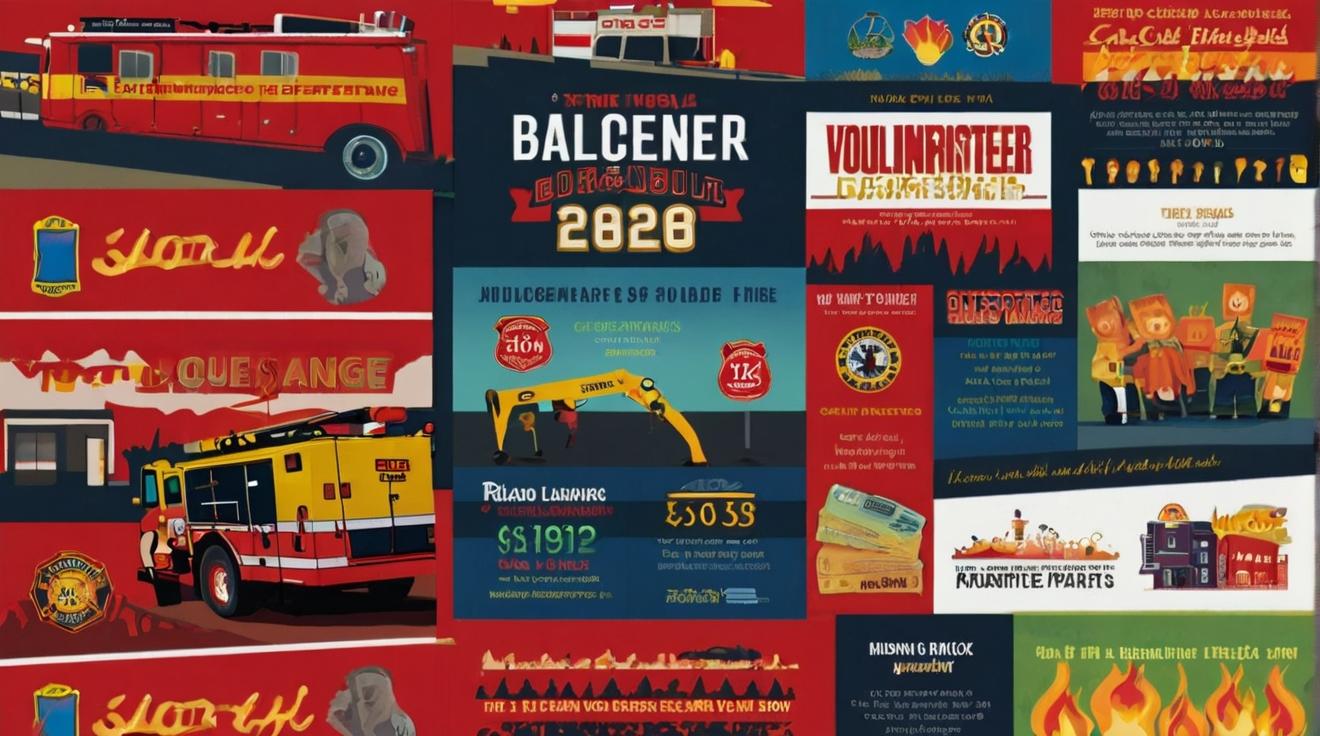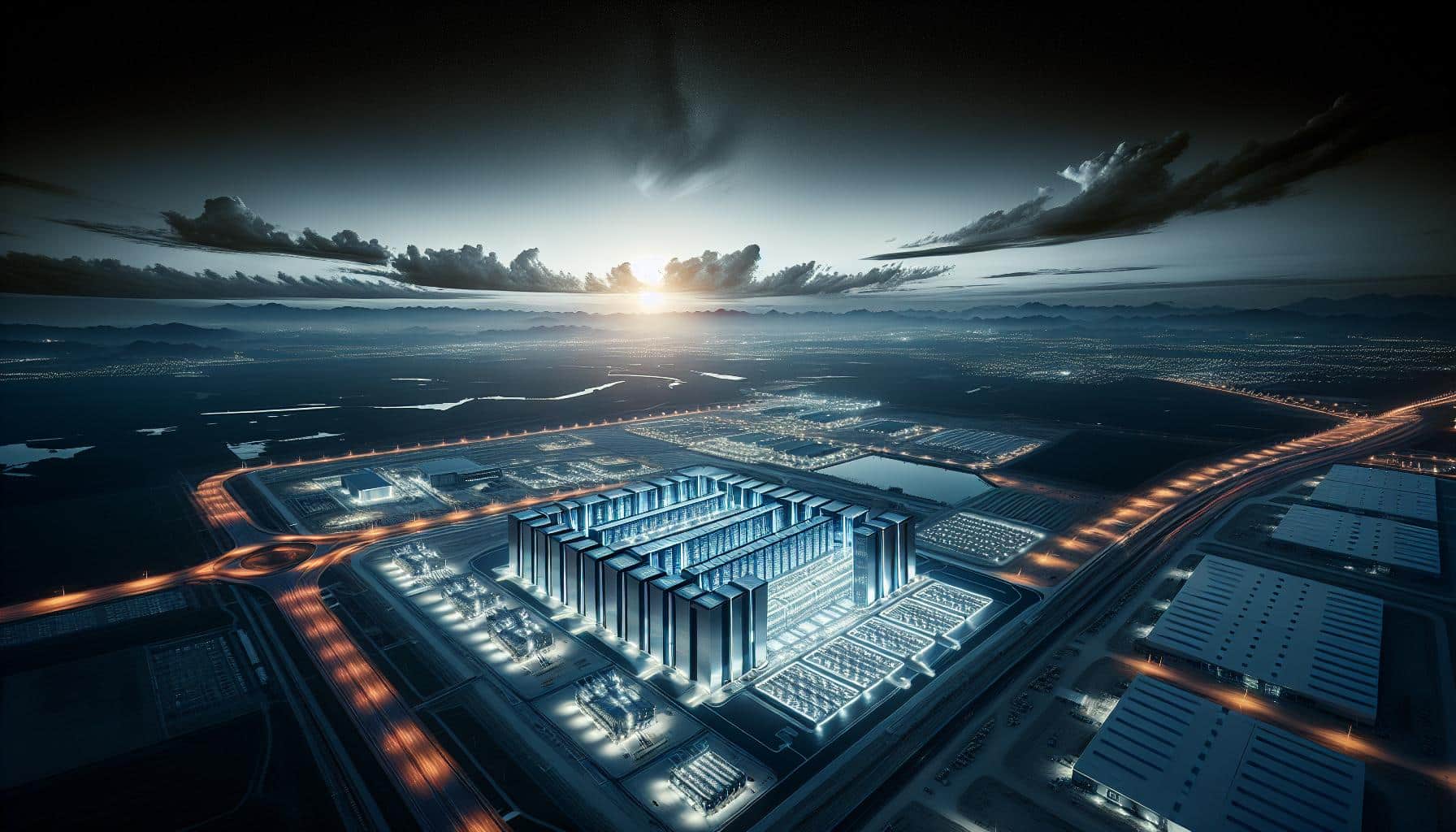U.S. Lags 15 Years Behind China in High-Tech Nuclear Power Development, Report Says
The U.S. trails China by as much as 15 years in the development of high-tech nuclear power, according to a report released on Monday. Beijing's state-backed technology approach and extensive financing have given it the edge, said the study by the Information Technology & Innovation Foundation, a Washington-based nonpartisan research institute.
China is currently constructing 27 nuclear reactors with average timelines of about seven years, significantly faster than other countries, the report noted. China's rapid deployment of modern nuclear power plants results in scale economies and learning-by-doing effects, suggesting that Chinese enterprises will maintain an advantage in incremental innovation in this sector going forward.
The U.S., despite having the world's largest fleet of nuclear power plants, has no new nuclear reactors under construction. This follows delays and budget overruns in recent projects, like those in Georgia which came online in 2023 and 2024.
Conversely, China's state-owned banks can offer loans as low as 1.4%, far below what is available in Western economies. Its nuclear power industry has reaped benefits from sustained state support and localization strategies, enabling China to dominate sectors such as renewable power and EVs. Notably, the world's first fourth-generation high-temperature gas-cooled reactor at Shidao Bay became operational last December. According to the China Nuclear Energy Association, the project involved the development of more than 2,200 sets of "world-first equipment" with a localization rate of domestically produced materials at 93.4%.
While high-tech reactors are touted for being safer and more efficient, critics argue that some new reactors introduce proliferation and material risks. Furthermore, China's nuclear industry faces its own challenges. The China Nuclear Energy Association highlighted a severe glut in nuclear component production and warned that "excessive competition" is driving down prices, causing financial losses.
Stephen Ezell, the report's author, emphasized that if the U.S. aims to advance its nuclear capabilities, it needs a robust national strategy. This involves increased investment in research and development, identification and acceleration of promising technologies, and support for developing a skilled workforce. "While America is behind, it can certainly catch up technologically," stated Ezell.
The U.S. Department of Energy did not comment on the report.













